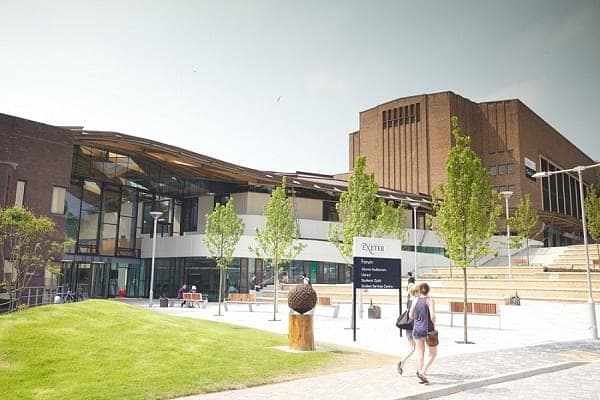Our Medical Sciences degree prioritises the science that underpins medicine and clinical practice, preparing you to translate scientific discoveries and technological advances into improved healthcare. To achieve this, the first part of the programme gives you a wide-ranging insight into how the human body normally works. We study this through small-group sessions, lectures and hands-on laboratory practicals.
We then build upon this foundation to see how things can go wrong in the body due to disease and trauma and how normal function might be restored. We are keen that you develop a holistic understanding of human health. You will then specialise in the area that interests you most, tailoring your degree to match your specific career ambitions.
Year 1
The emphasis is on understanding the normal functioning of the human body, from enzymes through to whole biological systems. Without this core knowledge of how the body works, it would be impossible for us, as scientists, to devise the new diagnostic tests, drugs or treatments that will best benefit patients. Modules cover human physiology, biochemistry and genetics, and microbiology and cells.
- Integrated Clinical Science 1
- Fundamental Skills for Medical Scientists
- Biochemistry
- Genetics
- Microbiology
- Cells
Year 2
You will focus more on the scientific basis of important diseases, beginning with some fundamental insights into the ways in which human biology goes awry in disease. This knowledge is then used to explore how cutting-edge scientific technologies can be exploited to advance disease diagnosis and treatment. Modules cover disease, diagnostics and therapeutics, medical research, immunopathology and specialisms for the pathways.
- Disease, Diagnostics and Therapeutics
- Principles of Medical Research
- Medical Genetics
Year 3
In year 3 you have opportunities to study and undertake research to help improve current medical knowledge and practice. In addition to the core modules, you can select from a range of optional specialist advanced modules, enabling you to tailor your degree to match your own specific interests and career ambitions.
- Translational Medical Science
- Research Project
- Medical Genomics
Year 4
The final year provides the opportunity to work at Masters level, accruing 120 credits. You may be permitted to work in the same area of research at Masters level in year 4, as you do in the 3rd year.
- Omics Techniques and their Application to Genomic Medicine
- Bioinformatics, Interpretation and Data Quality Assurance in Genome Analysis
- Genomics of Common and Rare Inherited Diseases
